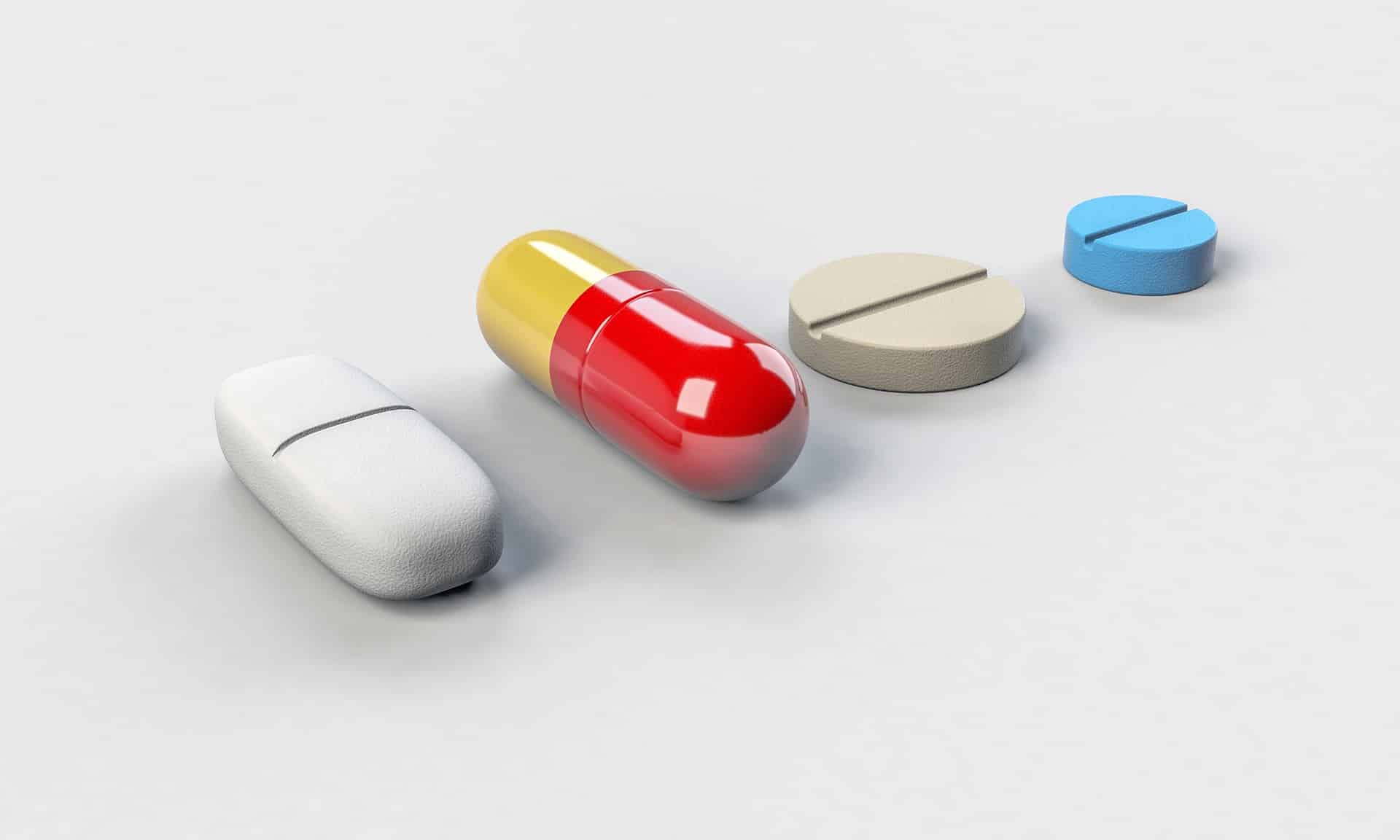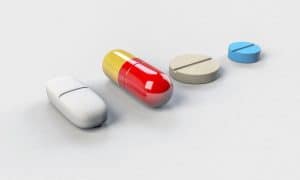
 It seems like there are supplements for everything from building muscles to improving your memory. Are these supplements any good and are there dangers to taking supplements? There are both pros and cons when it comes to any kind of product, whether it’s natural or not. You can get too much of a good thing, then it ceases to be good and starts having side effects. However, one of the biggest negatives of taking supplements is that people often mistakenly think they’re all that’s needed, and they don’t have to have a healthy diet as long as they take the supplements.
It seems like there are supplements for everything from building muscles to improving your memory. Are these supplements any good and are there dangers to taking supplements? There are both pros and cons when it comes to any kind of product, whether it’s natural or not. You can get too much of a good thing, then it ceases to be good and starts having side effects. However, one of the biggest negatives of taking supplements is that people often mistakenly think they’re all that’s needed, and they don’t have to have a healthy diet as long as they take the supplements.
What is a dietary supplement?
The definition for a dietary supplement is any product that’s not tobacco, which contains a mineral, vitamin, herb, amino acid, dietary substance, or herb that’s taken to increase the daily intake of certain nutrients. Whether it’s a pill, powder or power bar, it boosts nutrients in your diet that you might be missing for a number of reasons. It may be poor absorption, lack of appetite or a poor diet. In most cases, it’s due to poor choices of food.
Pros of supplements.
Today’s supplement market is far more extensive than ever. You don’t just have the traditional vitamin and mineral tablets, there are whole food products and capsules that contain dehydrated fruits and vegetables. Vitamin D supplements are often beneficial, especially in colder climates where it’s impossible to get all the vitamin D from the sun and takes delicate meal planning to get it from diet. Folic acid is important for women of childbearing age to help prevent birth defects. For seniors and pregnant or lactating women, nutritional supplements may also be important.
The other side of the supplement coin.
Some of the biggest abusers of supplements are bodybuilders. The supplements they abuse all have to do with protein. You’ll often see a wall of shelves containing these protein supplements in health food and nutrition stores. So, what’s the problem? You can get too much and it’s unhealthy. While the creatine may add bulk, too much of it can cause side effects, which range from diarrhea, dehydration and cramps to heart and kidney problems. It’s far better simply to consume a healthy diet than risk ruining your health.
- Some supplements are beneficial, but you have to have the right form. Not all forms of vitamins and minerals are bioavailable. Bioavailability means the body can absorb them. If a product isn’t bioavailable, it’s flushed out of your body via urine or feces.
- Unless you’re taking a whole food supplement, you may be missing the phytochemicals, and the synergistic relationship between nutrients in food that increases the benefits it offers.
- You can overdose on supplements. If you take too much vitamin C, a water-soluble vitamin, is flushed out of your body when you urinate, but it can cause digestive issues. However, fat-soluble vitamins like vitamin A, can accumulate in your body to dangerous levels, causing harm.
- There can be a place for supplements in your life but take them sparingly or if you have a problem getting all the nutrients you need from food. It’s always better to get your nutrition from a healthy diet and far more satisfying.
For more information, contact us today at Body Sculptors Personal Training
